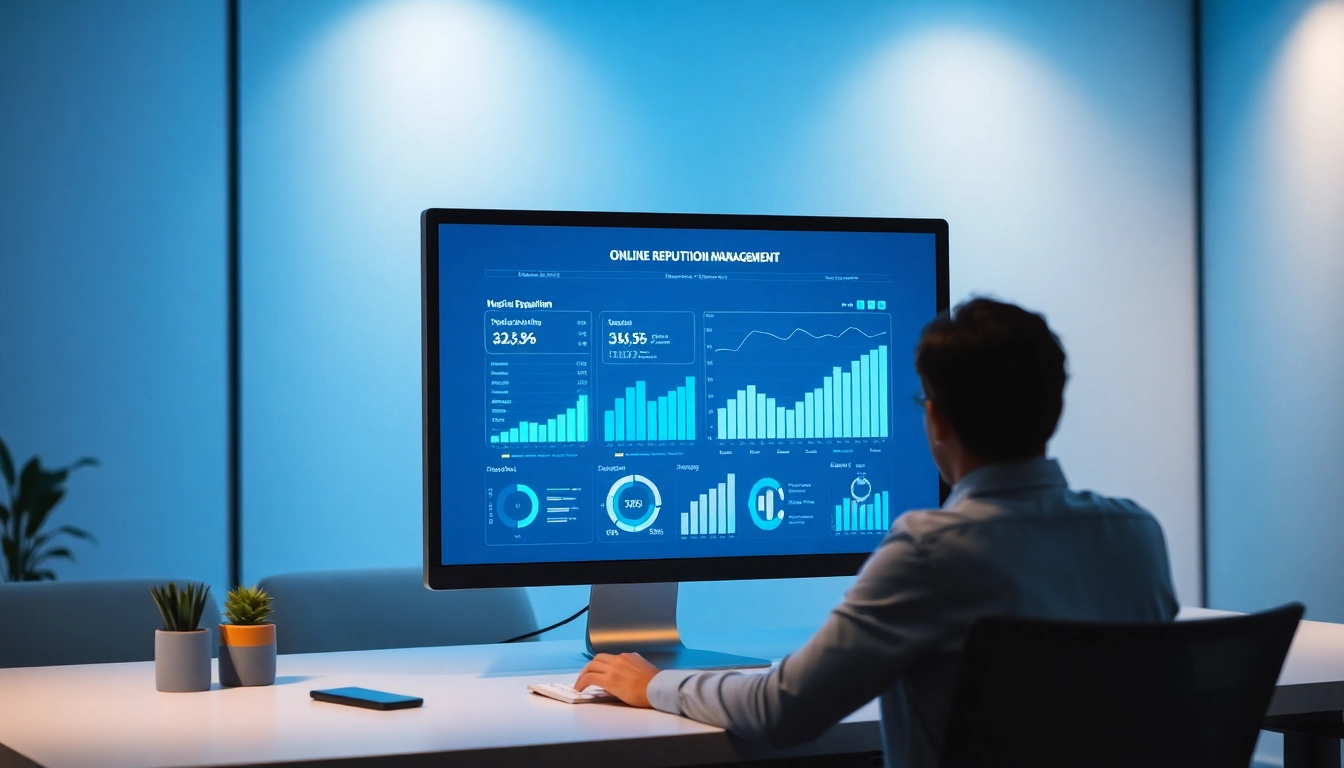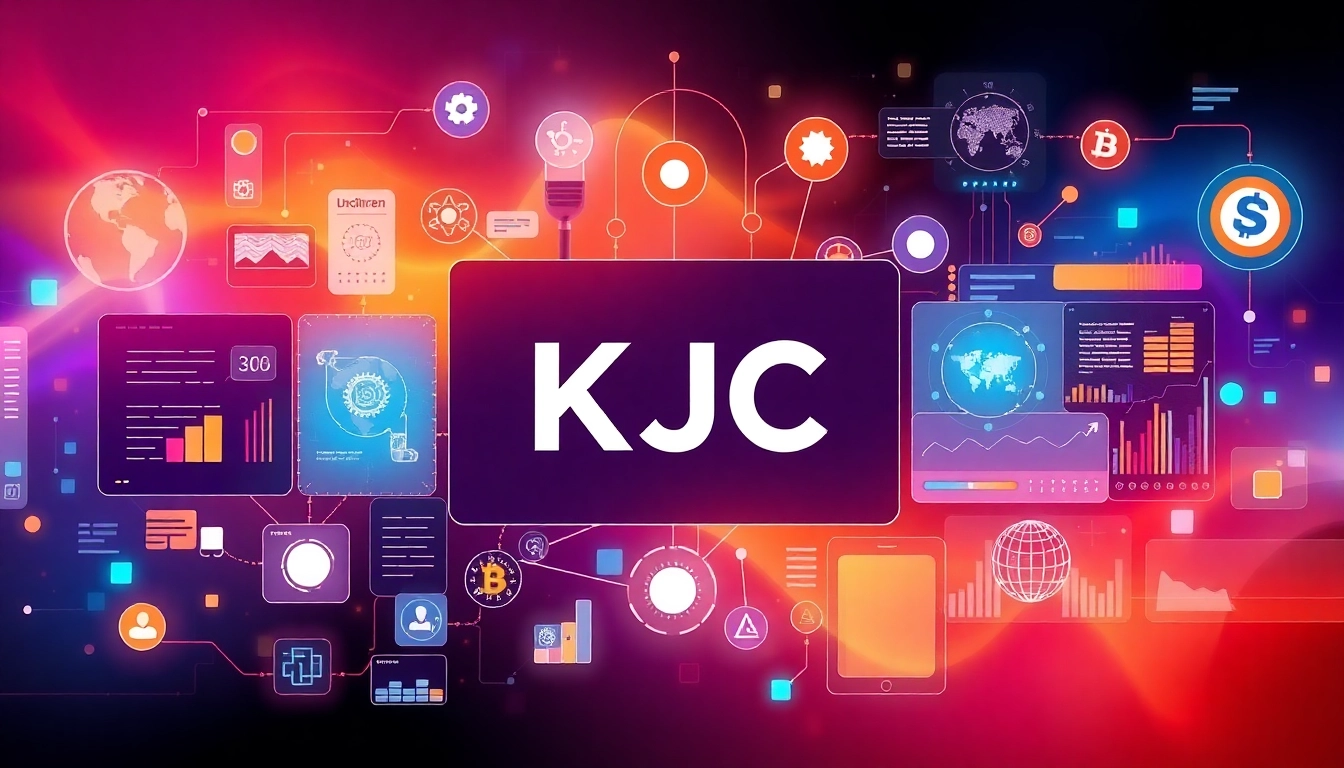Understanding the Critical Role of Online Reputation Management in 2025
In today’s hyper-connected digital landscape, your online reputation can significantly influence your personal brand, career prospects, or business success. As the digital world evolves, so does the importance of strategically managing the perception others have of you or your organization. Effective online reputation management (ORM) is no longer optional; it is a vital component of a comprehensive digital strategy in 2025. With countless reviews, social media interactions, and search results shaping public opinion, mastering ORM tools and techniques is crucial for standing out amidst fierce competition.
Fundamental Techniques for Effective ORM
Monitoring Your Digital Footprint Consistently
The foundation of robust ORM is vigilant monitoring. Utilizing advanced tools such as Brand24, Mention, or Talkwalker allows you to track what’s being said about you across social media, review sites, news outlets, and forums. Consistent monitoring uncovers emerging issues early, enabling swift, constructive responses before they escalate. In 2025, integrating AI-powered analytics into monitoring systems provides predictive insights, identifying potential reputation risks even before they surface publicly. Such technology helps organizations predict sentiment shifts and proactively shape narratives.
Creating Positive and Authentic Content to Build Trust
Content continues to be king. Developing positive, truthful content showcases your brand’s strengths and builds credibility. Authenticity is key—customers and clients gravitate toward genuine stories, testimonials, and transparent communication. In 2025, leveraging multimedia—such as video testimonials, behind-the-scenes footage, and interactive digital experiences—enhances engagement and trust. Regularly updating content that reflects corporate social responsibility initiatives, community involvement, and customer success stories reinforces a positive online image and creates a resilient reputation buffer.
Responding to Negative Feedback Professionally
Negative feedback is inevitable but not insurmountable. The key lies in prompt, empathetic, and professional responses. A study of successful ORM reveals that companies who acknowledge concerns publicly, apologize sincerely when appropriate, and offer tangible solutions mitigate damage effectively. By aligning responses with your brand voice and maintaining transparency, you turn criticisms into opportunities for demonstrating integrity and customer care. In 2025, integrating chatbots with escalation protocols ensures timely responses even during high-volume periods, maintaining reputation integrity around the clock.
Advanced Strategies to Elevate Your Online Presence
Leveraging Social Media and Review Platforms
Social media platforms like LinkedIn, Twitter, Instagram, and emerging channels continue to be powerful ORM tools. Regularly curating professional profiles, engaging authentically with audiences, and sharing valuable insights humanize your brand. Simultaneously, actively managing reviews on platforms such as Trustpilot, Yelp, or industry-specific review sites influences public perception. In 2025, using social listening tools and sentiment analysis allows real-time adjustment of communication strategies, ensuring you remain relevant and positive in your digital ecosystem.
Utilizing AI and Data Analytics for Reputation Insights
The integration of AI-driven analytics platforms offers granular insights into public sentiment trends, influencer impact, and key reputation drivers. These tools analyze vast datasets, distilling actionable intelligence that guides strategic ORM decisions. Machine learning models can predict potential crisis points, suggest targeted content strategies, and measure the effectiveness of ORM campaigns. In practice, organizations use these insights to refine messaging, identify stakeholders, and craft precise responses, thus maintaining a proactive reputation stance.
Managing Crisis Situations with Confidence
The ability to handle reputation crises swiftly is paramount in 2025. Developing a crisis management plan—covering rapid response teams, pre-approved messaging templates, and escalation procedures—is essential. Utilizing simulation software prepares teams for various scenarios, ensuring calm, coordinated reactions. Transparency, accountability, and swift remedial actions often turn potential disasters into demonstrations of integrity. The use of real-time dashboards during crises offers stakeholders updated information, reducing uncertainty and confusion.
Tools and Software for ORM Excellence
Top Online Reputation Management Platforms of 2025
- Reputation.com – Offers comprehensive brand management tools, reviews, and customer engagement modules.
- NetReputation – Specializes in reputation repair and online visibility enhancement using smart SEO tactics.
- Qualtrics ORM – Provides AI-driven insights, real-time alerts, and customizable dashboards for complex reputation monitoring.
- Sprout Social & Mention – Leading social listening platforms enabling real-time tracking and engagement analytics.
- Brand24 & Yext – Focused on review monitoring and local listing consistency to bolster local reputation.
Integrating ORM Tools into Your Business Workflow
Effective ORM integration demands aligning these tools with strategic goals. Automated alerts can prompt immediate action on negative mentions. Regular reports generated by platforms like Brandwatch provide trend analysis, allowing marketers and PR teams to adapt messaging dynamically. Embedding these tools into customer relationship management (CRM) systems enhances insights into customer sentiment, facilitating personalized engagement efforts that reinforce positive perception.
Case Studies: Success Stories Using ORM Software
For example, a global hotel chain leveraged AI-powered ORM to monitor online reviews and social conversations. By promptly addressing complaints via automated alerts, they improved their overall review scores, resulting in increased bookings by 12% within six months. Similarly, a tech startup used reputation repair tools to counteract a viral negative news story, restoring their image and gaining positive coverage within weeks. These cases underscore the importance of deploying sophisticated ORM software systematically and strategically.
Measuring ORM Success and Continuous Optimization
Key Performance Indicators for Reputation Improvement
- Sentiment Analysis Scores – Tracking shifts towards positive, neutral, or negative mentions.
- Review Volume and Ratings – Monitoring the number and quality of reviews over time.
- Share of Voice – Assessing your brand’s presence relative to competitors across platforms.
- Response Time & Engagement Metrics – Measuring how quickly and effectively your team responds to feedback.
- Crisis Response Effectiveness – Evaluated by the time taken and outcome of reputation recovery efforts.
Adjusting Strategies Based on Feedback and Analytics
Data-driven insights should inform ongoing tactic refinement. For instance, if sentiment analysis reveals persistent dissatisfaction in specific service areas, targeted improvement initiatives are necessary. Continuous A/B testing of messaging, responses, and content scheduling enhances engagement efficacy. Reviewing analytics diligently ensures ORM efforts remain adaptive, relevant, and aligned with evolving public perceptions.
Long-term Benefits of Consistent ORM Efforts
Persistent reputation management fosters sustained trust, customer loyalty, and competitive advantage. Organizations that embed ORM into their corporate DNA enjoy increased resilience, better crisis tolerance, and higher brand equity. In 2025, consistent ORM not only protects against reputation erosion but actively contributes to growth, profitability, and a positive public image that endures over time.




